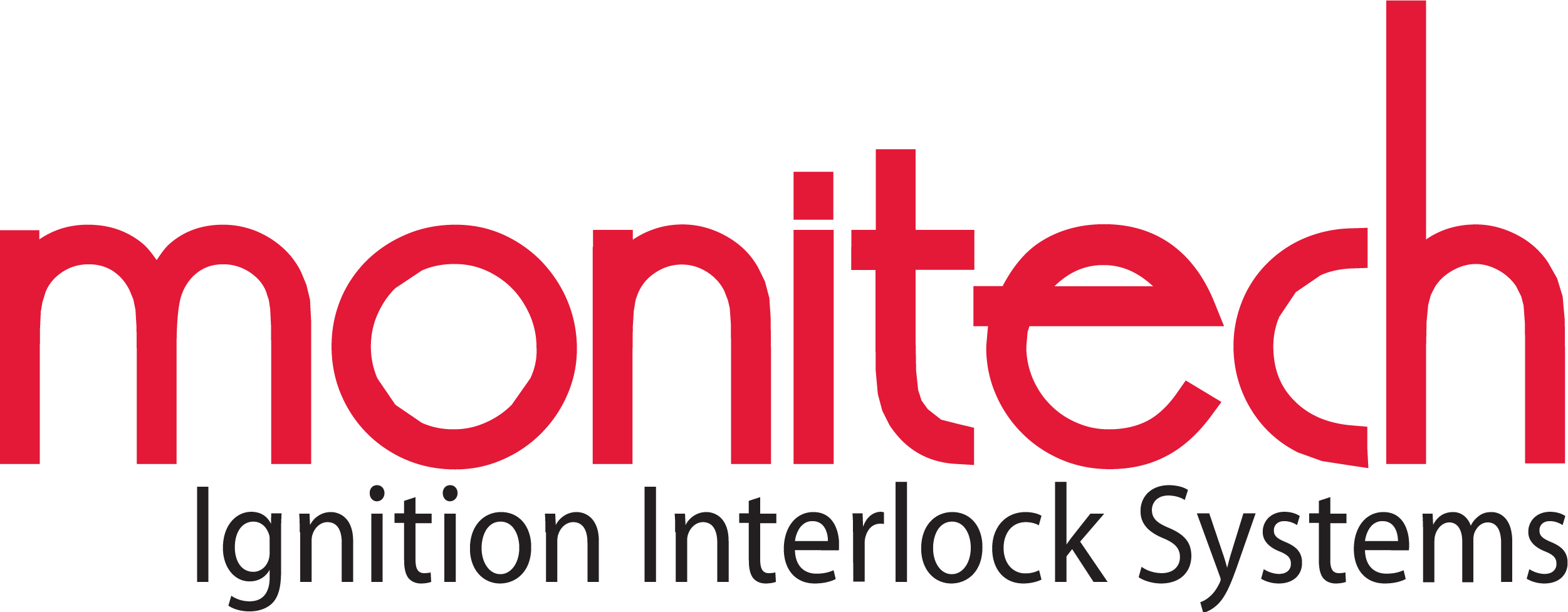Any drunk driving incident is a crime, and a hazard to the driver and people around him or her. But when drunk driving becomes a habit, the danger is multiplied. That is why states rightly take stronger measures with a habitual drunk driver.
Penny Seagroves of Zebulon has been convicted eight times for impaired driving since 2001 – an average of about once every two years. All of those prosecutions were for misdemeanor DWI. And that’s the problem: misdemeanor charges don’t result in measures that keep habitual offenders from driving drunk.
North Carolina’s laws state that a person is a habitual drunk driver offender if, upon conviction, they already have 3 prior DWIs within 7 years. But Seagroves managed to avoid having her convictions tally up by using aliases and moving from county to county. She also drove despite having her license permanently revoked.
When the scandal of what amounted to a crime spree broke after the most recent arrest, the Wake County District Attorney’s office indicted Seagroves for a felony charge of habitual drunk driving.
It was the right move, far too late. It’s clear from this case that North Carolina still needs to learn some lessons about managing impaired drivers:
- The state needs to do a better job coordinating police records and arrest data so that DWI recidivists don’t get away with a first-offense charge.
- Habitual drunk drivers don’t change their habit without help. An ignition interlock is a vital part of the solution. An ignition interlock, or car breathalyzer, prevents a vehicle from starting if the driver has been drinking. The devices are known to reduce recidivism.
- An even better solution for habitual offenders is the ignition interlock/DWI court combination, which protects the public through technology and helps the offender get his or her life back together with supervision and treatment. In Michigan, this measure has seen success rates upwards of 90 percent.
It’s clear that a habitual drunk driver is more than a criminal – the crime has roots in substance abuse and dependency. That means that punitive measures will never protect the driver or the public. The exception might be long-term imprisonment, which is costly and effectively removes any hope of restoring a person’s place in society.
Dealing with the problem – through treatment, counseling, and supervision – while enforcing sober driving with an ignition interlock – is a better way to keep the habitual drunk driver from endangering innocent people on the roads.
